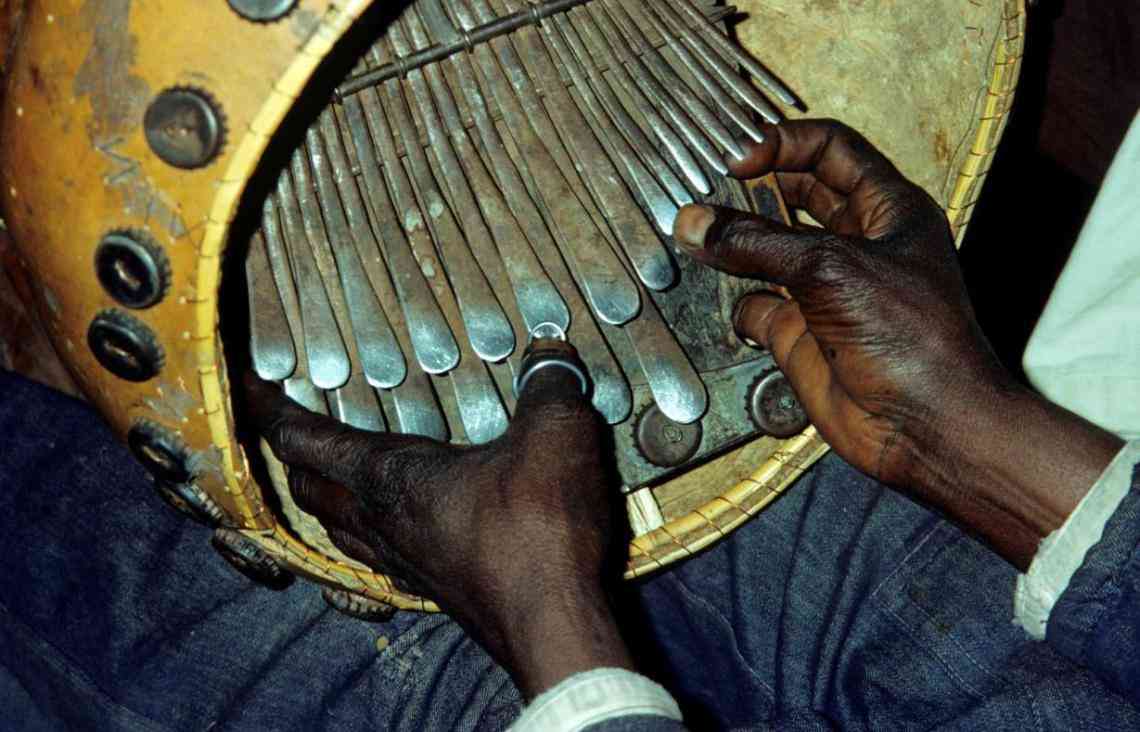
UNITED STATES-BASED Zimbabwean author Novuyo Rosa Tshuma last week said working on her new novel titled House of Stone, which was officially launched on Saturday last week, has deepened her relationship with the country’s history.
BY BENIAH MUNENGWA

House of Stone, which explores the emotive Gukurahundi disturbances in the Midlands and Matabeleland provinces in the early 1980s, among other political developments, is Tshuma’s second novel after Shadows (2012).
“The book has given me a deep relationship with my Zimbabwean history and how I relate to the nation,” Tshuma, who hails from Bulawayo, said.
She said although the book was set in 2007, it retraced historical accounts of both the colonial era and the early years of independence, making it “a fictional account that questions and interrogates history”, while excavating “the clashing versions of Rhodesian-based accounts of history”.
Renowned author, literary critic and University of Zimbabwe lecturer Memory Chirere facilitated conversations around the book during the launch.
Chirere described the book as his best read for 2018.
Tshuma said she was inspired by many local authors, including NoViolet Bulawayo, to write the book.
- Chamisa under fire over US$120K donation
- Mavhunga puts DeMbare into Chibuku quarterfinals
- Pension funds bet on Cabora Bassa oilfields
- Councils defy govt fire tender directive
Keep Reading
Using the various characters in the book, Tshuma digs into some of the country’s most traumatic events over the past 50 years, including the collapse of British colonialism, the guerrilla war of independence, Independence Day celebrations in 1980, the land reform saga as well as the Gukurahundi atrocities.
Set against the backdrop of power cuts, food shortages, corruption and hyper-inflation, the story is intimately Zimbabwean.











